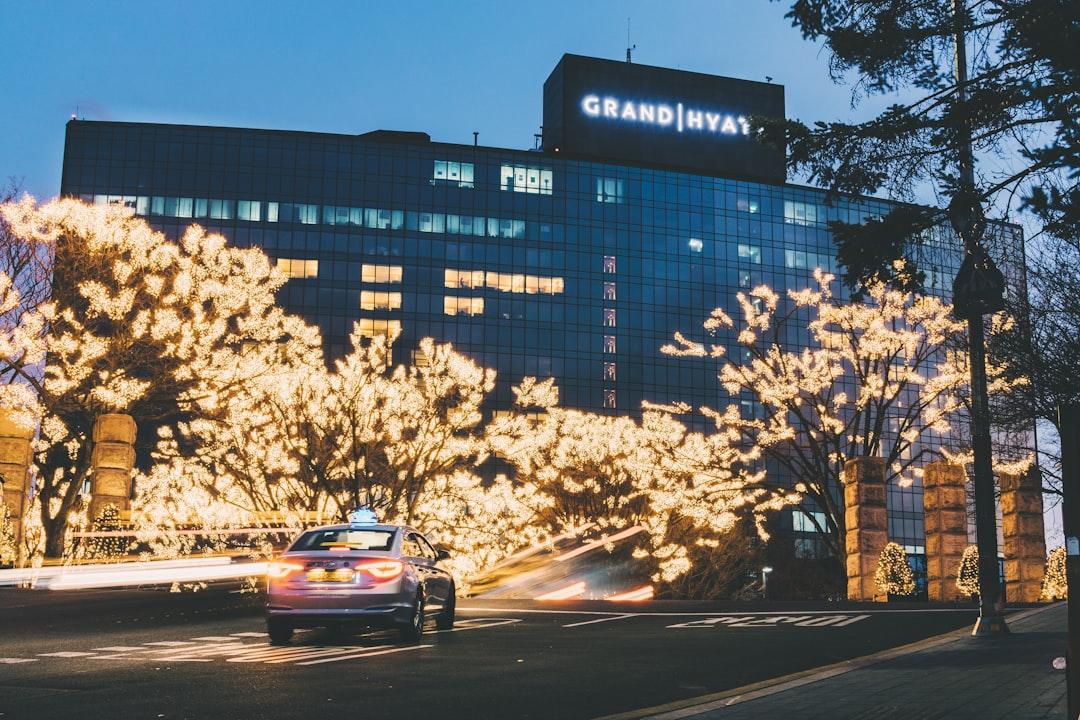
Activities in South Korea
- Home
- ,
- South Korea
- ,
- Explore All Things To Do
Why People Love South Korea
See what people have to say about activities and accommodations in South Korea
Frequently Asked Questions about South Korea
What are the must-see attractions when traveling to South Korea?
South Korea offers a mix of traditional and modern attractions. Some of the must-see attractions include: Gyeongbokgung Palace, Namsan Tower, Bukchon Hanok Village, Haedong Yonggungsa Temple, Jeju Island, Seoraksan National Park, and the DMZ (demilitarized zone).
What activities are popular in South Korea?
South Korea offers a variety of activities, including: visiting hot springs, hiking, skiing, cultural tours, K-pop concerts, and attending festivals such as the Boryeong Mud Festival and the Jeju Fire Festival.
What is the best time to travel to South Korea?
The best time to travel to South Korea is spring (April to June) or fall (September to November), when the weather is mild and the scenery is beautiful. Summer can be hot and humid, while winter can be very cold.
What is traditional Korean food like?
Korean food is known for its bold flavors and use of spices. Some popular dishes include: kimchi (fermented cabbage), bibimbap (mixed rice with vegetables and meat), bulgogi (grilled marinated beef), and Korean barbecue. There are also many regional specialties to try.
What are the transportation options in South Korea?
South Korea has an extensive transportation system, including buses, trains, subways, and taxis. The KTX high-speed train is a popular option for traveling between major cities. Seoul also has a bike-sharing program called Ttareungyi, and many cities have electric scooters for rent.
What are some popular shopping destinations in South Korea?
South Korea is known for its fashion and beauty products. Some popular shopping destinations include: Myeong-dong in Seoul, Dongdaemun Market in Seoul, Hongdae in Seoul, and the Lotte Department Store in Busan. There are also many traditional markets to explore.
What are some unique experiences to have in South Korea?
There are many unique experiences to have in South Korea, such as: staying in a traditional hanok (Korean house), visiting a jjimjilbang (Korean sauna), trying on a hanbok (traditional Korean clothing), and watching a Nanta show (a non-verbal performance involving cooking).
What are some family-friendly activities in South Korea?
South Korea has many family-friendly activities, such as: visiting amusement parks like Everland or Lotte World, going to a water park, visiting a zoo or aquarium, and taking a cable car ride to Namsan Tower.
What are some popular accommodations in South Korea?
South Korea offers a variety of accommodations, including: traditional hanok guesthouses, luxury hotels, budget hostels, and Airbnb rentals. Some popular hotels include the Lotte Hotel in Seoul, the Park Hyatt in Busan, and the Shilla Hotel in Jeju Island.
What is the etiquette for visiting South Korea?
There are some important cultural norms to be aware of when visiting South Korea, such as: removing your shoes before entering someone's home, bowing as a sign of respect, and using both hands when giving or receiving items. It is also polite to learn a few Korean phrases and to avoid discussing sensitive political topics.